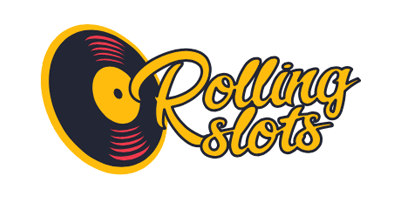Poker is not a game in which you can go on playing your song. You have to learn to listen to what your opponent is singing and then play an appropriate song.
As a poker player, the first few deals must be spent in figuring out the opponents. There are two points against which you will have to judge your opponents. One is whether they are loose players or tight players and the second is whether they habitually bluff or not. You should then fine-tune your play so as to exploit your opponent’s habit. This article discusses the type of play required in the different cases that arise.
Loose players do not like to sit out. They enter games they should not and continue playing when they should fold. Therefore they make easy targets. It is advisable to play a tight game in the early and middle rounds of betting and let loose players build up the pot. Bluffing against loose players is not of much use because loose players do not pay much attention to what their opponents are doing. Once you reach the late rounds with loose player, then you can call more often because loose players tend to enter the final rounds with weaker hands.
Like loose players, players who bluff a lot also enter with weaker hands. But unlike loose players they do so with the express intention of bluffing their opponents into folding with good hands. Hence calling their bets even in the early stages is acceptable. However it would not be wise to enter the last stages with a hand that is not al least moderately strong, because a good bluffer works in two ways. He tries to get you to fold when he has a weak hand and he tries to get you to enter when he has a strong hand by making you think he is bluffing.
Respect a tight player and play a correct percentage game against him. There is no shame in folding early against a tight player if your hand is weak. Do not unnecessarily call his bets because a tight player will enter the later rounds only if he has a good hand. Take on a tight player only when you have a good hand.
A player who does not bluff is perhaps the easiest player to play against. Over time it becomes easy to predict the level of his hand by observing his betting habits. If he raises aggressively or stays on till the last round then you can judge what he is holding. Do not waste your money if this kind of player is betting strongly. It is better to fold and conserve your bankroll.
The question that automatically arises is how do you judge your opponent. There are two ways. Whenever there is a showdown and the players reveal their cards, take time to go through the betting and link their betting behavior with the cards they held. It will tell you whether they are loose players or bluffers. Also look for “tellsâ€, which are idiosyncratic behavior like over loud voices when bluffing or holding cards in a particular way when their hand is good.



















